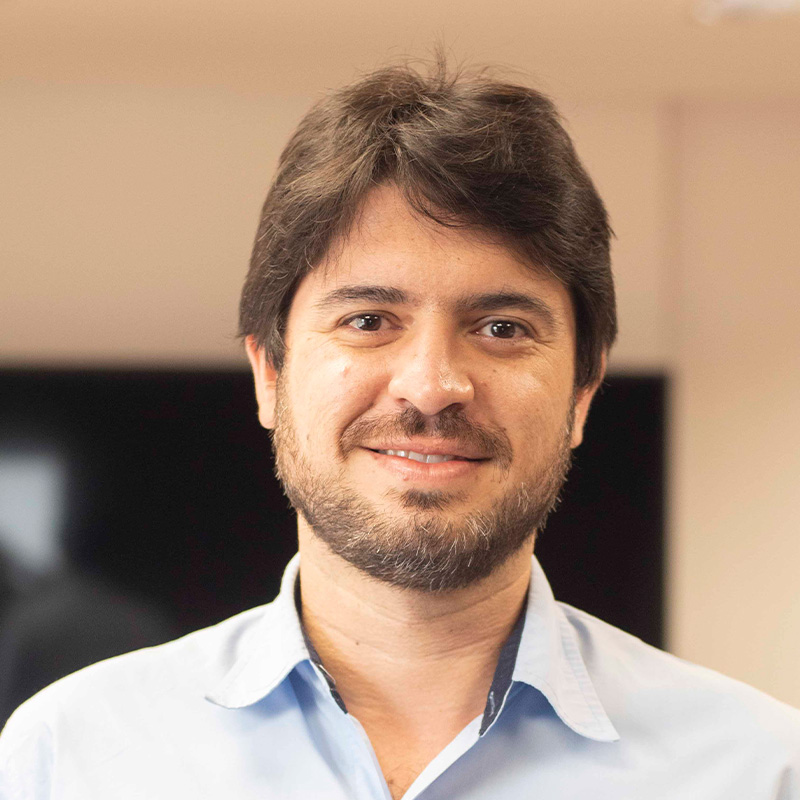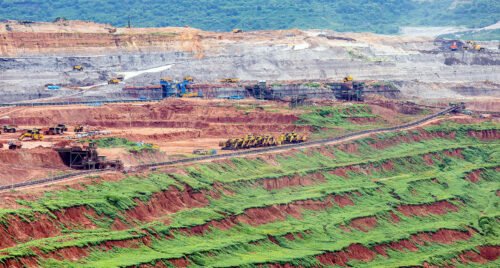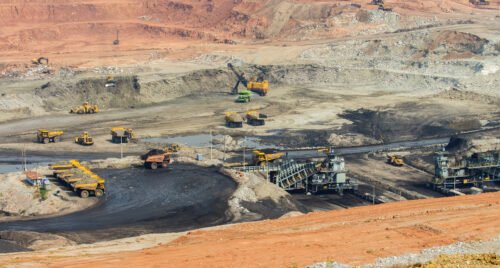O licenciamento ambiental trata-se de um processo administrativo obrigatório para licenciar a execução de atividades potencialmente poluidoras que utilizem de recursos ambientais ou que possam causar impactos ambientais em um determinado local. Em Minas Gerais, esse processo é regulamentado pela State Secretary for the Environment and Sustainable Development (SEMAD), through Normative Deliberation COPAM No. 217/2017, which establishes the guidelines for granting environmental licenses in the state for each type of enterprise or activity.
Etapas do Licenciamento Ambiental em MG
O processo de licenciamento ambiental no estado é dividido em três fases: Licença Prévia, Licença de Instalação e Licença de Operação. Primeiramente, a Licença Prévia é concedida na fase de planejamento do empreendimento e tem como objetivo avaliar a viabilidade ambiental da atividade proposta. Em seguida, a Licença de Instalação é concedida após a comprovação do cumprimento das exigências da Licença Prévia e tem como objetivo autorizar a construção ou instalação do empreendimento. Por fim, a Licença de Operação é concedida após a comprovação do cumprimento das exigências da Licença de Instalação e tem como objetivo autorizar o início das atividades do empreendimento.
Ademais, para obtenção das licenças ambientais em Minas Gerais, o empreendedor deve formalizar um processo administrativo que é composto por estudos ambientais e documentação formal do empreendedor, empreendimento e atividades a serem licenciadas. Compõe o processo administrativo de grandes empreendimentos o Estudo de Impacto Ambiental (EIA) e seu respectivo Relatório de Impacto Ambiental (RIMA), que são documentos técnicos robustos, multidisciplinares, com diagnósticos, prognósticos e avaliação dos impactos ambientais.
Para a fase de instalação dos empreendimentos e atividades, existe o Plano de Controle Ambiental (PCA), que detalha as medidas de controle e monitoramento necessárias, por meio de programas ambientais específicos, que deverão ser implementadas pelo empreendedor para mitigar os impactos ambientais causados pela atividade.
The environmental permitting process in Minas Gerais is conducted by SEMAD in conjunction with the State Council of Environmental Policy (COPAM) and the Regional Superintendencies of the Environment - SUPRAM. The timeframe for granting environmental licenses varies depending on the complexity of the proposed activity, ranging from a few months to over a year.
Possíveis penalidades em caso de descumprimento
Adicionalmente, cabe ressaltar que o não cumprimento das exigências da licença ambiental pode resultar em sanções administrativas, como multas e suspensão das atividades do empreendimento, além de responsabilização civil e penal pelos danos ambientais causados.
Briefly, environmental permitting in Minas Gerais is a rigorous process essential to ensure the preservation of the environment and the sustainability of the state's economic development. Entrepreneurs must be aware of the requirements and deadlines set by SEMAD and COPAM to avoid possible sanctions and environmental harm.
Atualmente, a CLAM Meio Ambiente tem desenvolvido complexos estudos ambientais para composição de processos de licenciamento ambiental de empreendimentos diversos em Minas Gerais. Os serviços prestados pela CLAM tem como características principais o comprometimento dos profissionais que atuam nas frentes de serviço, bem como o pragmatismo dos gestores e coordenadores de projetos no cumprimento de um escopo equilibrado, que busca sempre atender aos anseios das comunidades, do empreendedor e do órgão ambiental fiscalizador.






